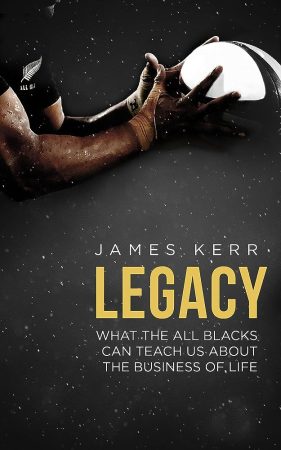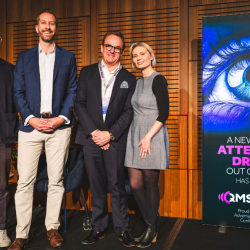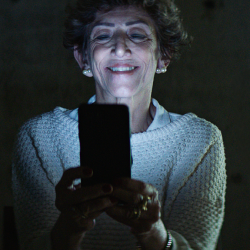The modern world is good at making every choice seem like a binary one
EVERYTHING has changed forever. NOTHING from the old reality could ever work in the new one. We need to BURN IT ALL, NOW. If you’re not radical, you must be remedial.
The marketing world is full of self-appointed gurus on LinkedIn saying that the only thing that can possibly help in adapting to this “new reality” is… unsurprisingly… whatever they happen to be selling this week (I think it’ll still be AI by the time this article is published, but I’m not betting that it won’t have been replaced by something else…spoiler: it’s not Threads).
It’s tempting to believe that everything has changed forever, nothing is as it was, and we need an entirely new set of rules to meet this 100% new reality. I think that binary thinking is useful when it comes to mathematics or computing but in virtually every other situation it is both unhelpful and untrue.
Every society thinks it is living in the most unprecedented times. You can go back and read the writings of everyone from Aristotle to Cicero, Pepys to Mary Whitehouse, and you’ll see that they all claim to be living in a time of radical change that means that nothing is as it was or will ever be the same again.
Guess what? It’s not true.
Humans will always hyperbolise about change because they fear it. And often they’ll hyperbolise about the extremity of changes for their own commercial ends because in times of crisis and fear people look for simple answers over more correct, complex, non-binary solutions.

Yes, circumstances change.
Yes, technology develops. And fast.
Yes, generations have different attitudes to previous ones (although not as much as you’d think).
One thing will never change though about your target audience, regardless of the times you’re living in. These people will remain human beings with simple, organic brains that will react in the way that those brains have been programmed to react over aeons of evolutionary development.

My two favourite business books are not written by businesspeople, and one isn’t even a book about business at all. They are An Astronauts Guide to Life on Earth by Chris Hadfield, and Legacy: What the All Blacks Can Teach Us About the Business of Life by James Kerr. The main reason I like these texts is because they both outline simple, adaptable, smart, and calm advice about human behaviour.
I especially like them because they’re not written by people who have a vested, selfish interest in you buying what they’re selling as the solution to all your commercial ills. They outline some basic, unchanging rules about society and human interaction that will be as true in a decade as they were a decade ago. Whether people are barking about Threads or Chatroulette, whether we’re discussing Altavista or X, whether Gary Vee is still bleating about why ads don’t work, these lessons and truths will remain the same.
One truth is that humans adapt to change, especially in a technology context
It’s the US marine thing — adapt, improvise, overcome. If you understand the basic unchanging laws of communications or storytelling, then you’ll win as a marketer regardless of whether the unit of creativity or media changes over time. Those rules are the same now as they were when Caxton starting printing, or Bernbach started writing.
Things have changed. Things will continue to change. Plus ca change, etc. But we will adapt and overcome as marketers if we remember the fundamentals — because they don’t change.
And this brings to me to the vicar (bet you thought I’d forgotten). I lecture on the ‘Science of Storytelling’ at four UK universities, and for many corporate clients in my consultancy practice. As part of this module, I interviewed a series of ‘storytellers’ and one of those was a vicar. He understood two fundamental truths of storytelling (and marketing) that will never change, and if anyone tells you they have then they simple don’t understand people.
- He told me that he couldn’t care less if no one listened to what a word he said, as long as he made them feel something.
- He told me that his only goal must always be to want to make people want to come back next week.
There you go. Acquisition (feel something) and Retention (desire to return) in two simple sentences. Not from a LinkedIn guru, not from a CMO, not from a business author. From a vicar who understood the rules of a 2000-year-old story that everyone thinks they’ve already heard.
We need as marketers, businesspeople, and a society to think hard about how to adapt to new realities, especially when it comes to sustainability. But the laws of storytelling, communicating and selling don’t change. All that changes is the vessels within which they’re carried. Amen to that.
Featured image: Andrew Scott at ‘hot priest’ in Fleabag season 2 (2016)





























